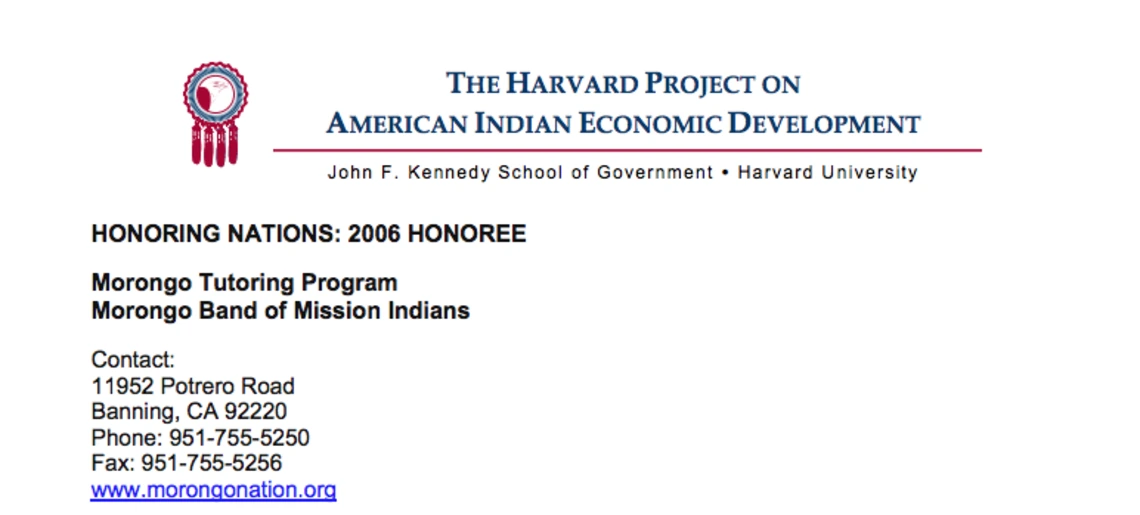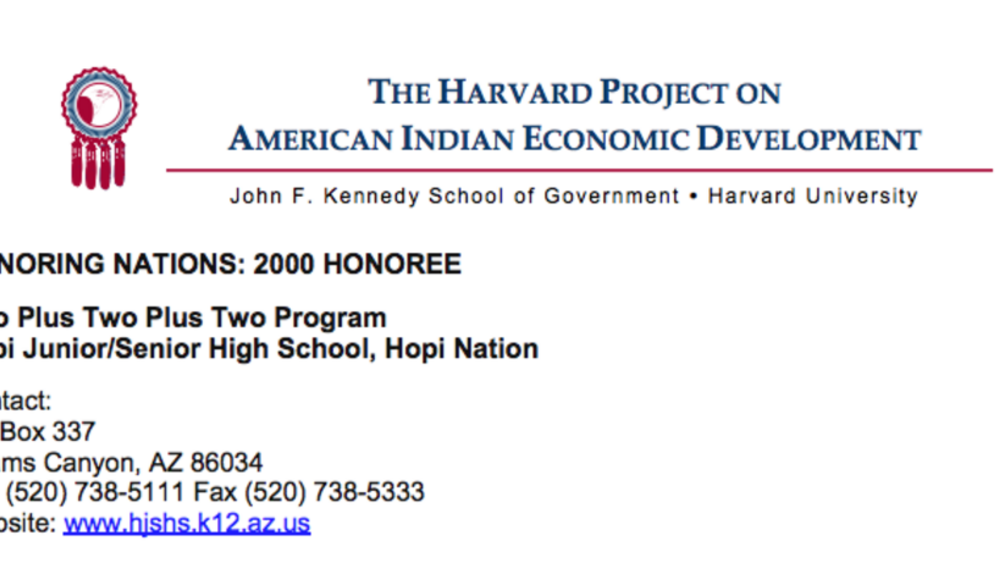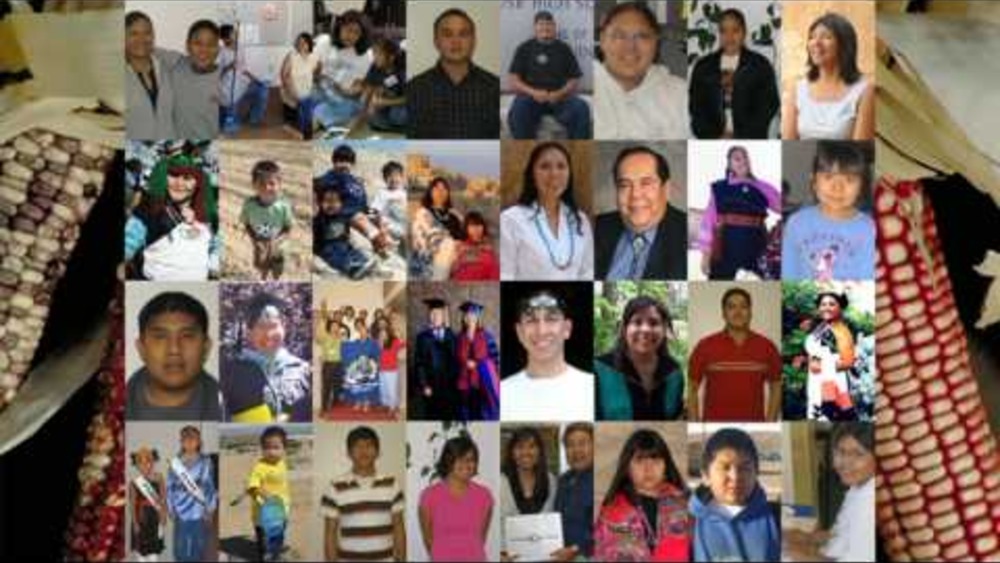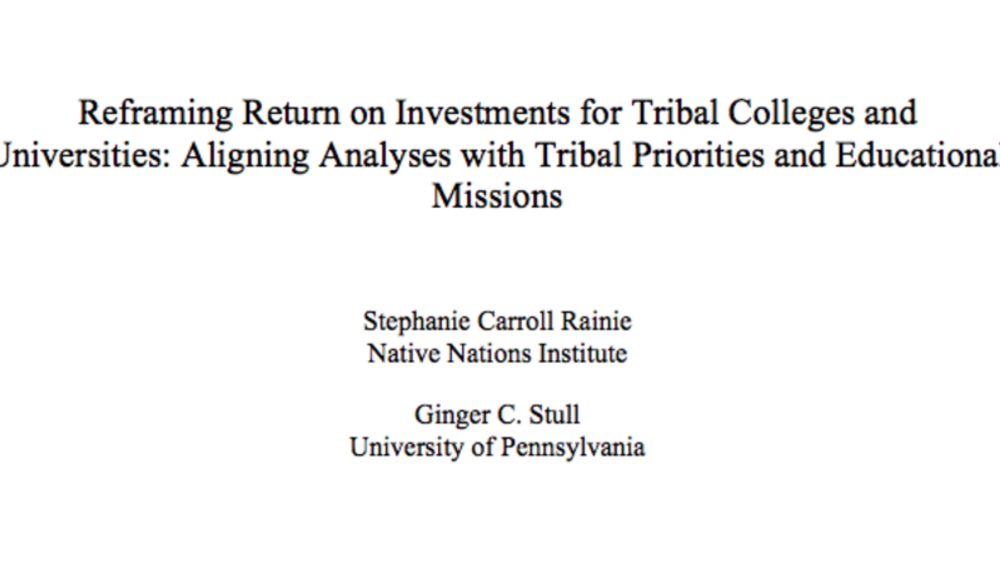The Morongo Tutoring Program is one of the reasons the high school graduation rate of Morongo students is now at approximately ninety percent, the highest in tribal history. By providing much more than tutoring services, including life skills for early childhood through high school development; continuous support and encouragement; advocates for parents, students, and schools; as well as trained staff to maintain and promote positive relationships between the Band and the school district, the Morongo Tutoring Program places formal education as a priority for the Band, ensuring future generations of capable leaders.
Additional Information
"Morongo Tutoring Program". Honoring Nations: 2006 Honoree. The Harvard Project on American Indian Economic Development, John F. Kennedy School of Government, Harvard University. Cambridge, Massachusetts. 2007. Report.




